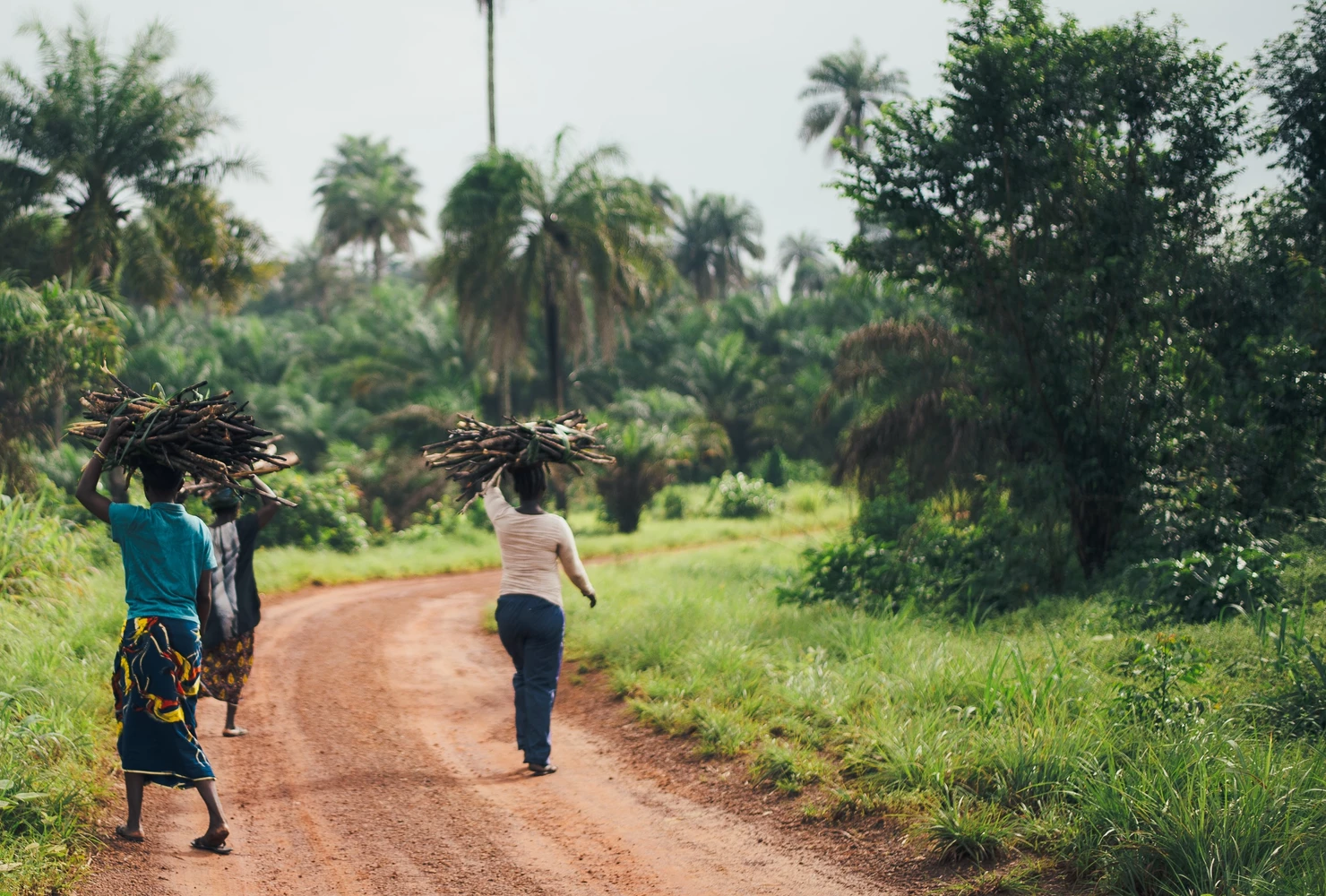On 24 May, the Climate Parliament hosted a virtual parliamentary roundtable on gender and energy access. This session featured two world-leading experts in this field, Magi Matinga, Technical Advisor at ENERGIA, an international network of organisations focused on promoting equal access to energy services for women and men as an essential right to development, and Katharina Proestler, a Gender, Equality and Development Expert at UNIDO, who presented her work to mainstream gender in different economic sectors.
Access to energy is an essential enabler of economic activity and social development, but close to 760 million people around the world today still live without access to electricity. According to Magi Matinga, statistics show that in almost every country of the developing world, female-headed households are much less likely to have access to electricity, whether off or on-grid, than male-headed households. As we work towards improving universal energy access to achieve SDG7, we need to look at how women are marginalised in access and use of energy and to comprehend the terrible social, economic and health consequences of this. In many parts of the developing world, women spend countless hours every day collecting water and firewood for cooking, leaving them with little to no time for other activities. 900 million people in Sub-Saharan Africa lack access to clean cooking solutions, and the health hazards linked to burning firewood and charcoal are extremely serious. According to the World Health Organisation, each year more than 3.8 million people, most of them women and children, die prematurely from illness attributable to household air pollution from inefficient cooking practices. Besides the obvious health benefits, affordable access to electricity and clean cooking can spare women great drudgery, and allow them to have more time to dedicate to education and income-generating activities to improve their social and economic position.
Women are still facing many barriers preventing them from enjoying the benefits of the clean energy transition on a level playing field with men. Lack of access to education, knowledge and finance, and limited involvement in decision-making processes, prevent women from making their voices heard. In some cases, cultural barriers, such as the impossibility for women to inherit land or to prove ownership of their land, can increase the existing disparities between women and men. Dr Matinga emphasised how the lack of good gender-disaggregated data is also preventing us from fully understanding the extent of these disparities and finding the way to tackle them. Energia is working to provide research evidence and statistics on women’s and men’s energy needs and consumption patterns, to encourage decision-makers to design more gender-responsive policies. It also works to empower women, train them professionally, help them unlock access to finance and connect them to other businesses, so that they can take leadership roles in the energy industry. Having women involved in the energy private sector and in public entities such as energy ministries and government agencies, can help change the dynamic and draw attention to the issue of gender.
Questioned by the MPs on how to promote a more gender-inclusive approach to energy access, Katharina Proestler and Magi Matinga insisted on the importance of influencing policy through legislation. MPs have the power to design laws setting targets for gender-responsive energy agendas, and to make sure policies are supported by appropriate levels of investment. As has been done in Kenya, they can also influence school and university curriculums to mainstream climate and gender issues for the younger generations. Several MPs pointed out that gender issues should be considered holistically and integrated in all governmental programs and actions, as women face discrimination not only in access to energy but also in access to education, work, health, etc. Katharina also explained that integrating a gender dimension in every law is crucial to attract funding from international organisations. Indeed, international institutions are bound by national laws and in order to act on an issue, they need to justify the use of their funds by referring to targets set by laws or NDCs. Finally, MPs pointed out that a key to success is to mobilise as many male as female legislators to turn women issues into national issues, and to create a more equitable and productive society for everyone.
This article was originally published on Climate Parliament website.











Follow us on: